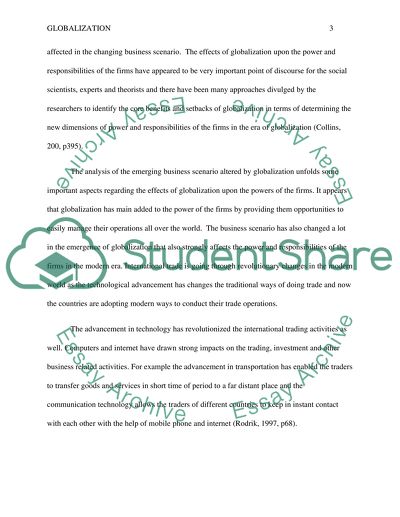Cite this document
(“Globalization Effects upon Power and Responsibility of Firms Essay”, n.d.)
Retrieved from https://studentshare.org/environmental-studies/1418274-what-are-the-effects-of-globalisation-on-the-power
Retrieved from https://studentshare.org/environmental-studies/1418274-what-are-the-effects-of-globalisation-on-the-power
(Globalization Effects Upon Power and Responsibility of Firms Essay)
https://studentshare.org/environmental-studies/1418274-what-are-the-effects-of-globalisation-on-the-power.
https://studentshare.org/environmental-studies/1418274-what-are-the-effects-of-globalisation-on-the-power.
“Globalization Effects Upon Power and Responsibility of Firms Essay”, n.d. https://studentshare.org/environmental-studies/1418274-what-are-the-effects-of-globalisation-on-the-power.


